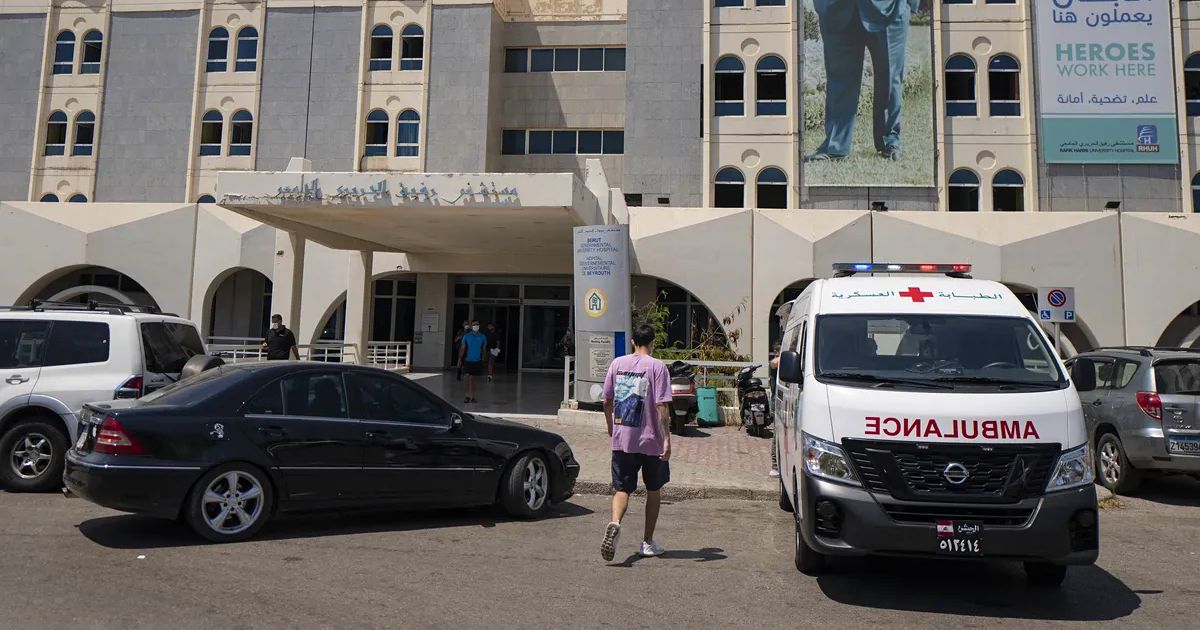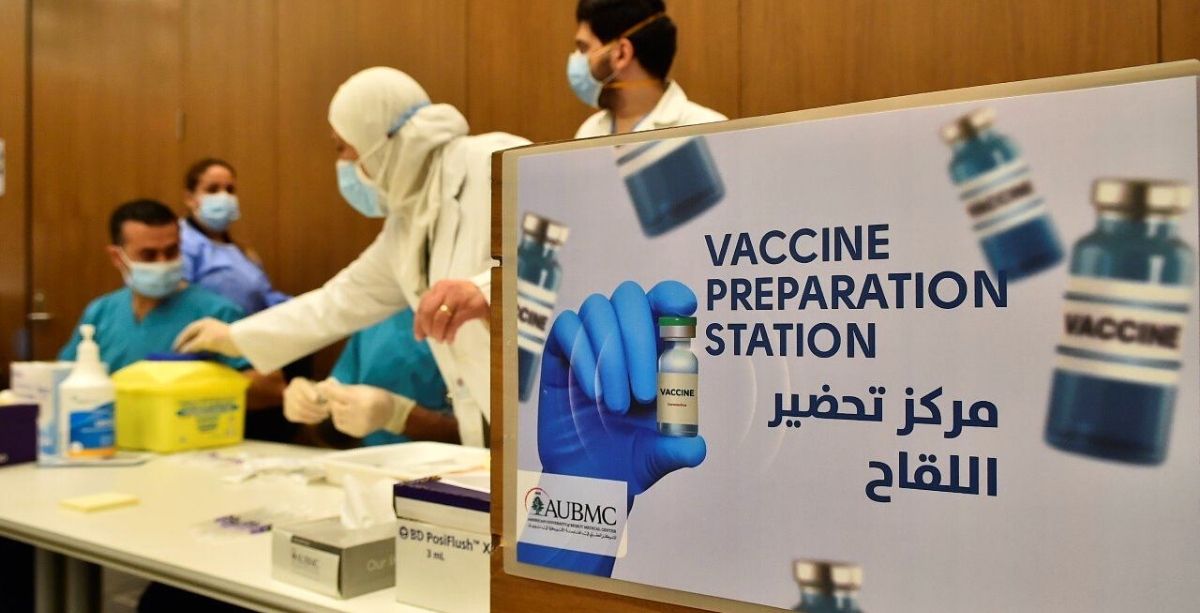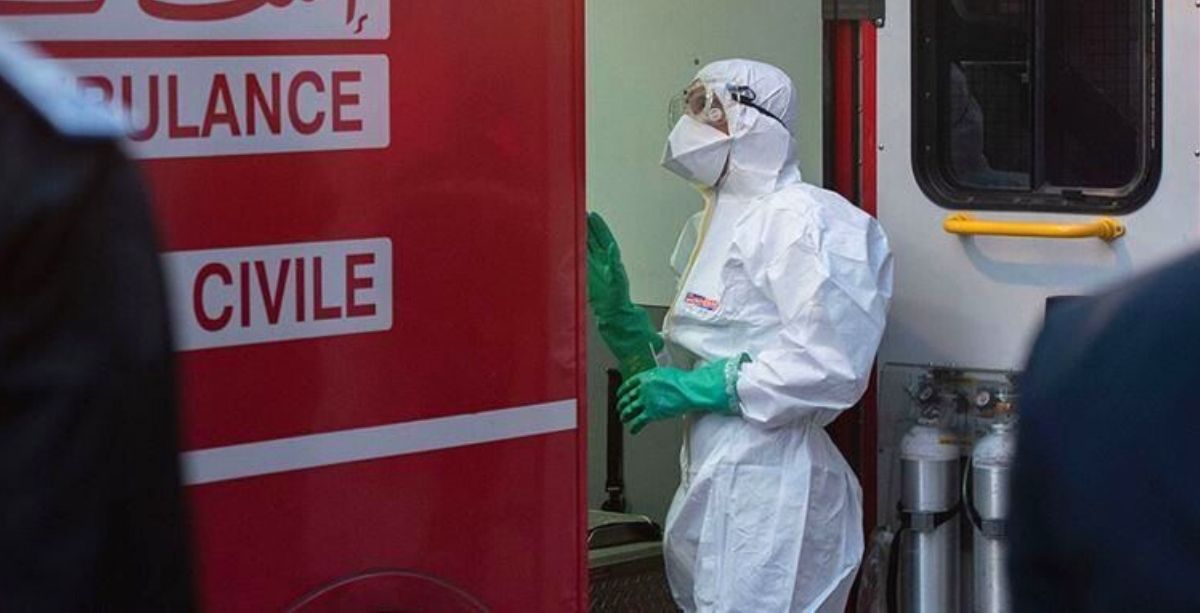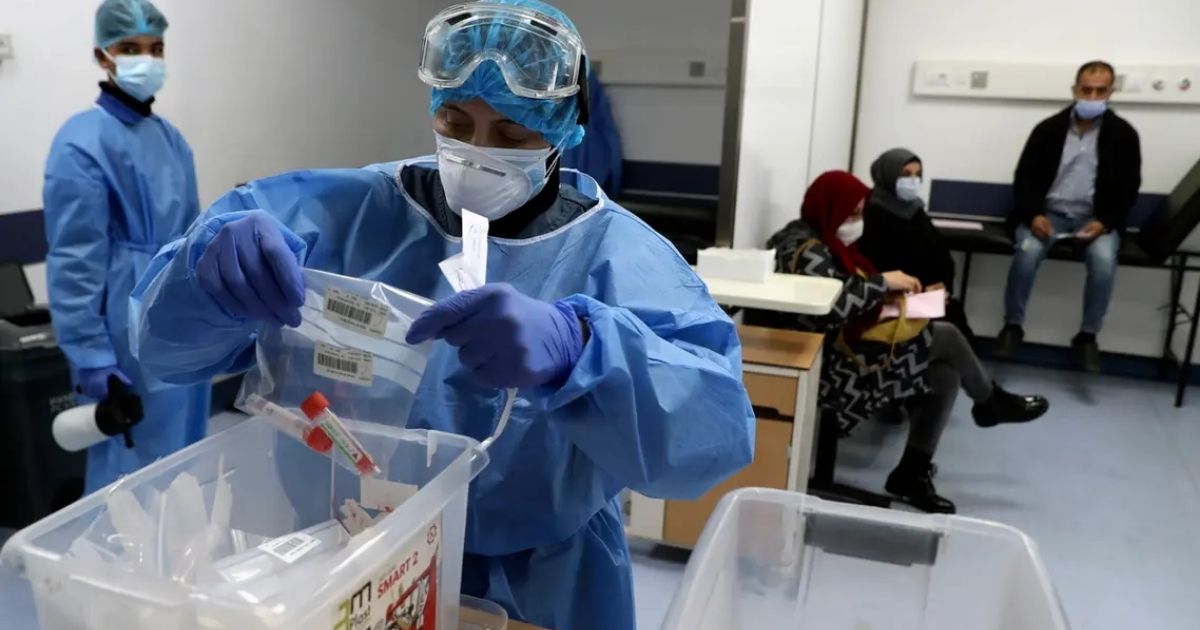The outbreak in Lebanon has been spiraling out of control, overwhelming the already fragile health system.
Since the August 4th explosion, there has been a rise in COVID-19 infections, with over a thousand positive cases recorded daily. The outbreak has even broken through the presidential palace and some politicians contracted it.
In addition, the explosion could not have come at a worse time, as the blast added to the health system’s struggles, badly damaging several hospitals in Beirut.
Lebanon’s caretaker Health Minister Hamad Hassan is now warning that only a few ICU beds are still unoccupied. Hospitals will soon run out of space to treat severely ill coronavirus patients.
He even blamed private hospitals, during a televised appearance on Sunday night, for “not opening up more beds for coronavirus patients,” adding that out of the 30 government hospitals, only half of them receive corona patients.
In addition, the pharmaceutical industry in Lebanon has never seen darker days as with the worsening financial crisis.
The flood of medical assistance after the blast can only cover so much before burning out, and the country is facing rationing of meds, increasing the distress of the Lebanese people.
At the beginning of the outbreak, Lebanon was praised for its ability to contain the virus. That was before the airport reopened, welcoming the virus back into the country.
In one of many attempts to contain and reduce the spread of the virus, Lebanon recently imposed a week-long lockdown for 111 towns across the country.
There is also a nightly curfew from 1:00 AM until 6:00 AM across the country.
Aching for life to go back to normal, whatever normal is in Lebanon, a young Lebanese couple told The961, “We wish we’d just catch it already and just get it over with.”
We have a dedicated coronavirus section where you can find the latest news/updates about the pandemic in Lebanon, inform yourself with WHO-verified resources, and track the number of cases in Lebanon in real-time. Click here.












